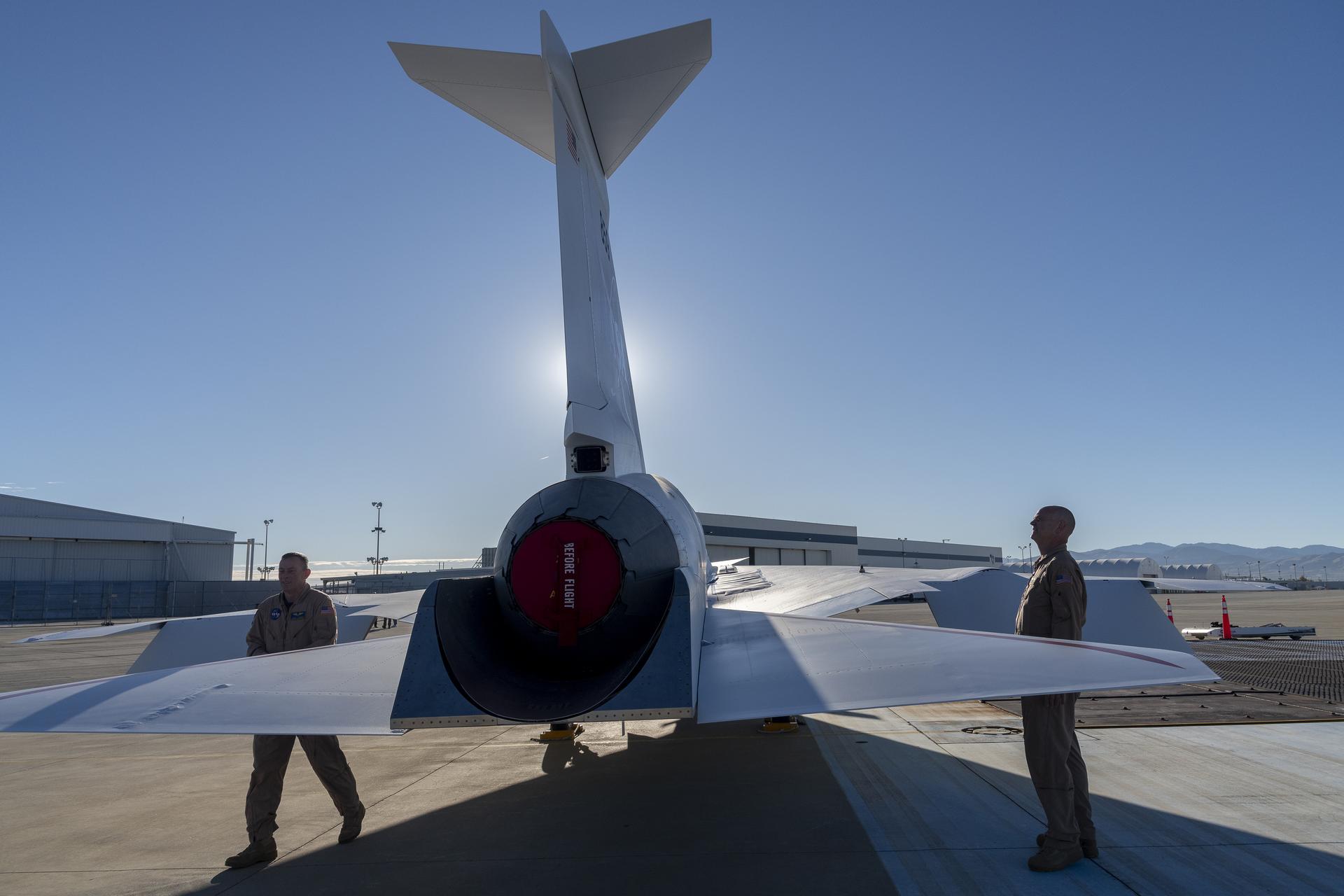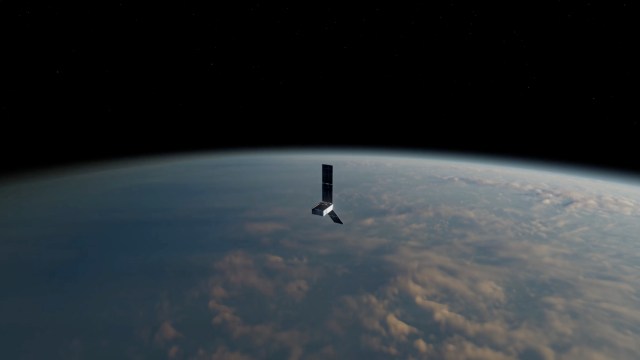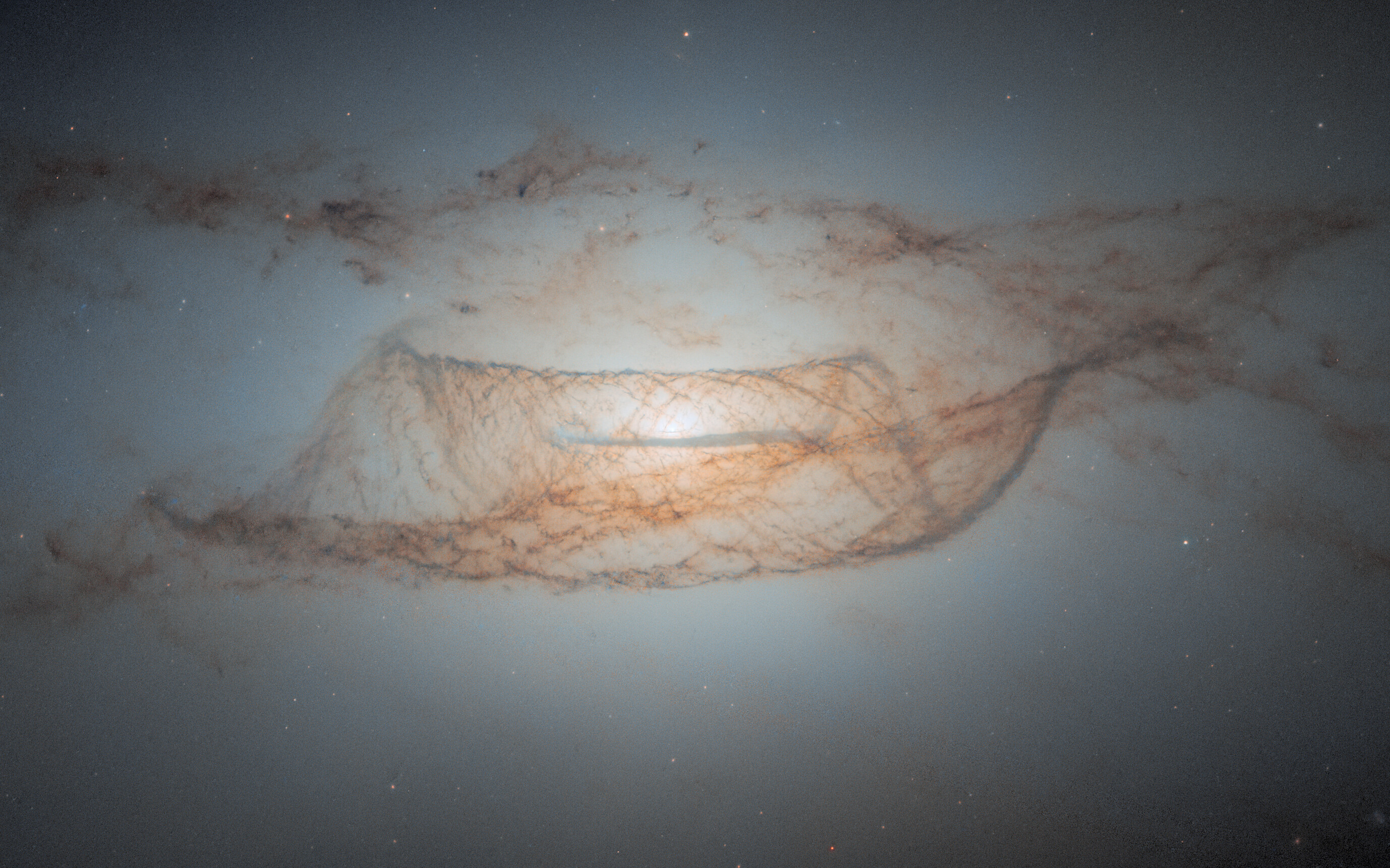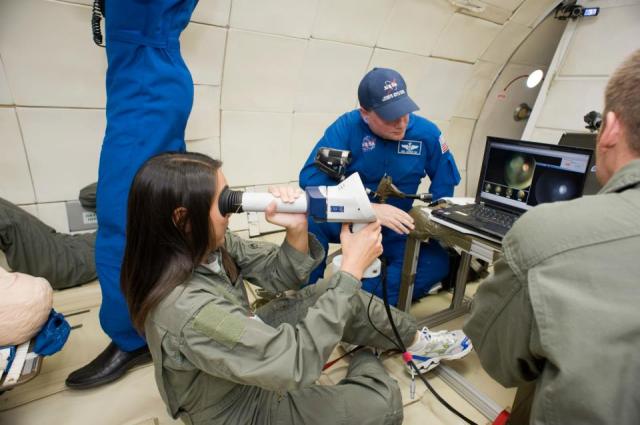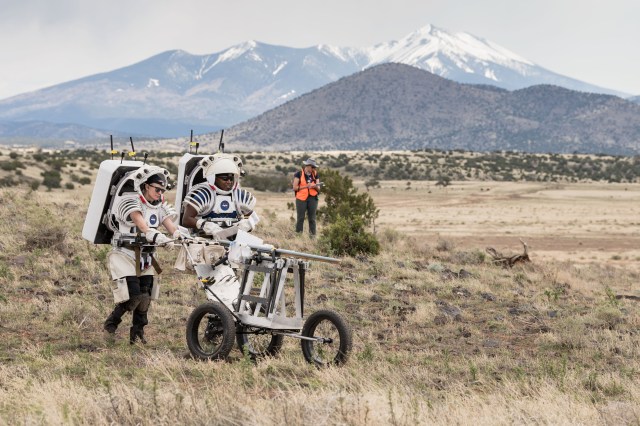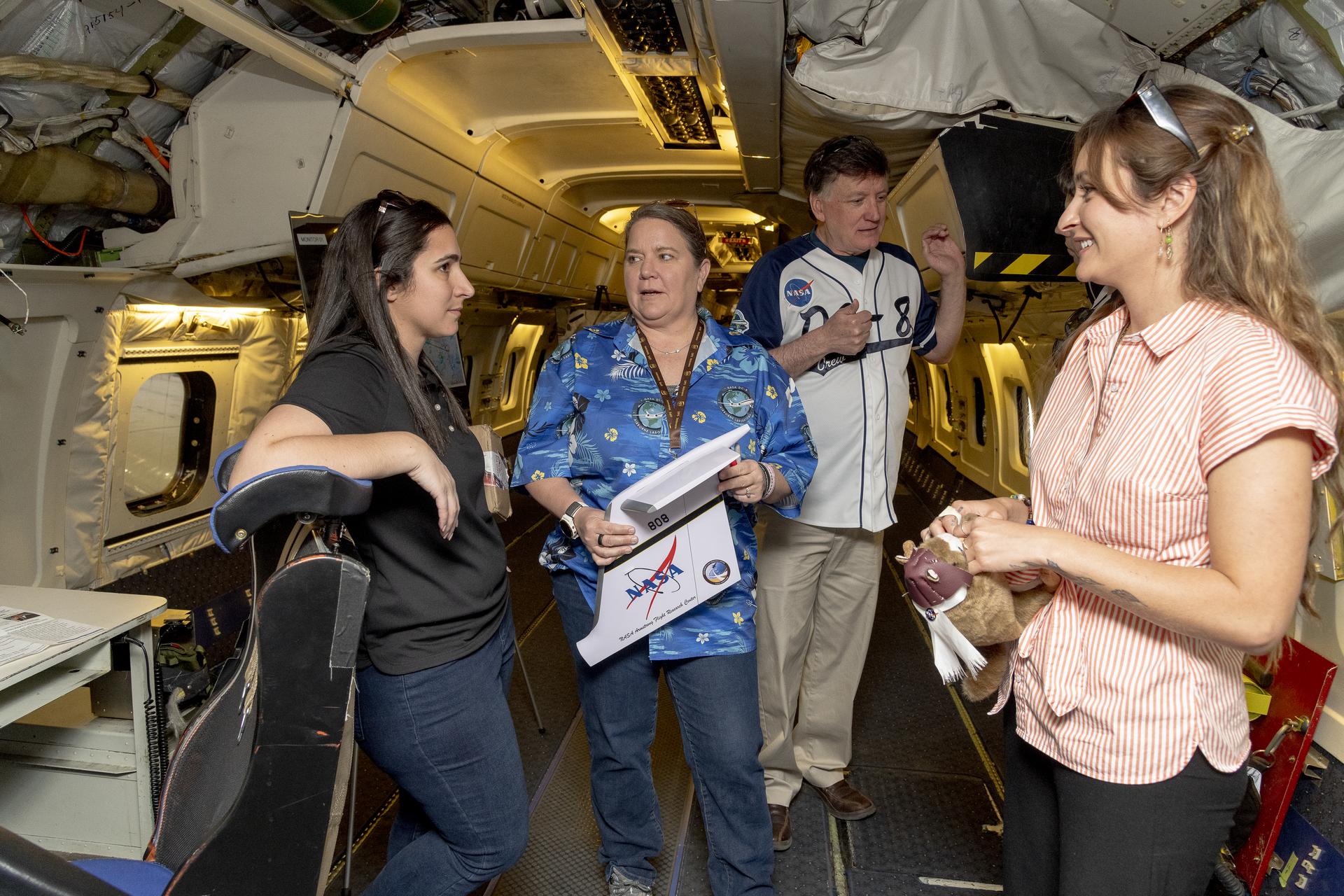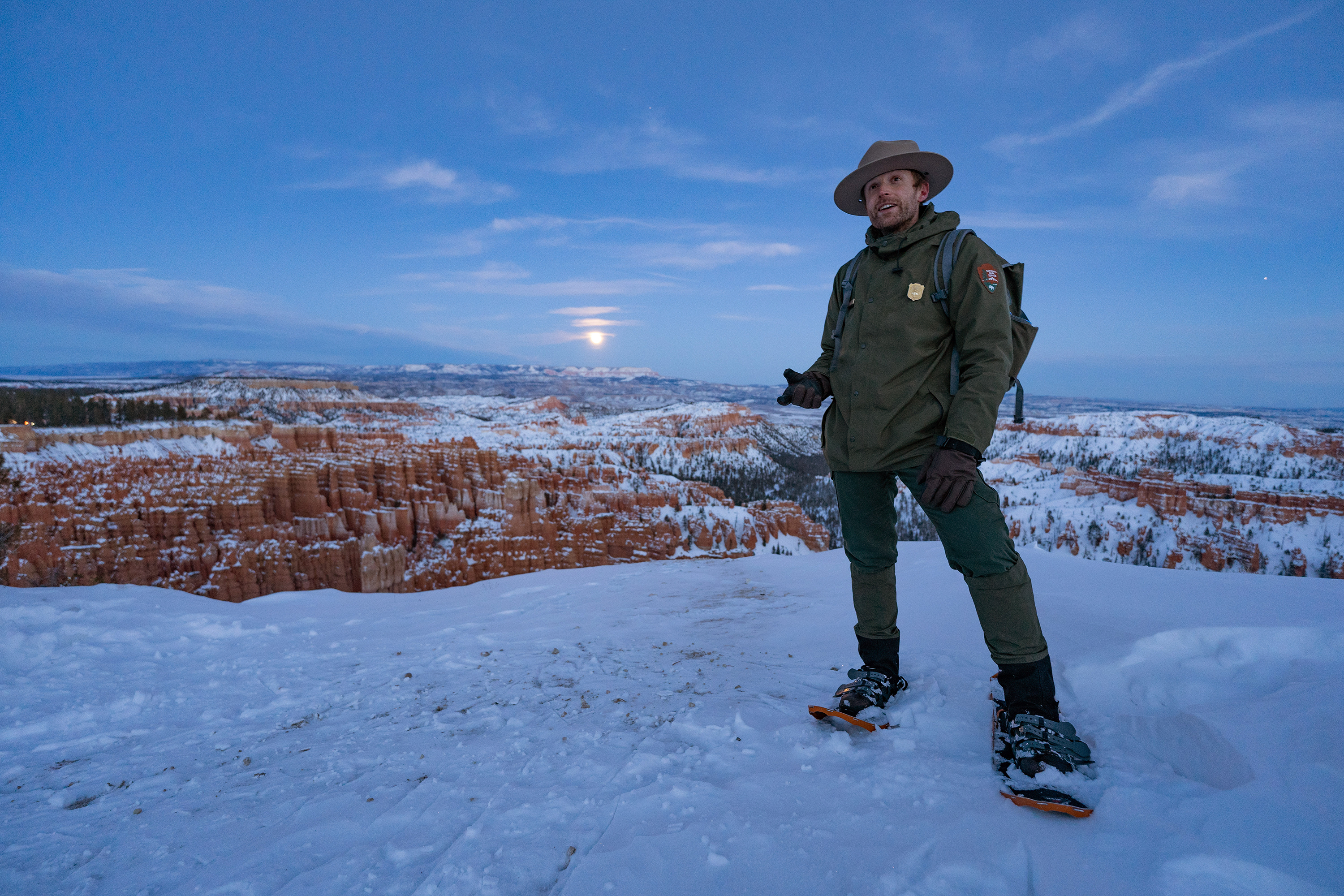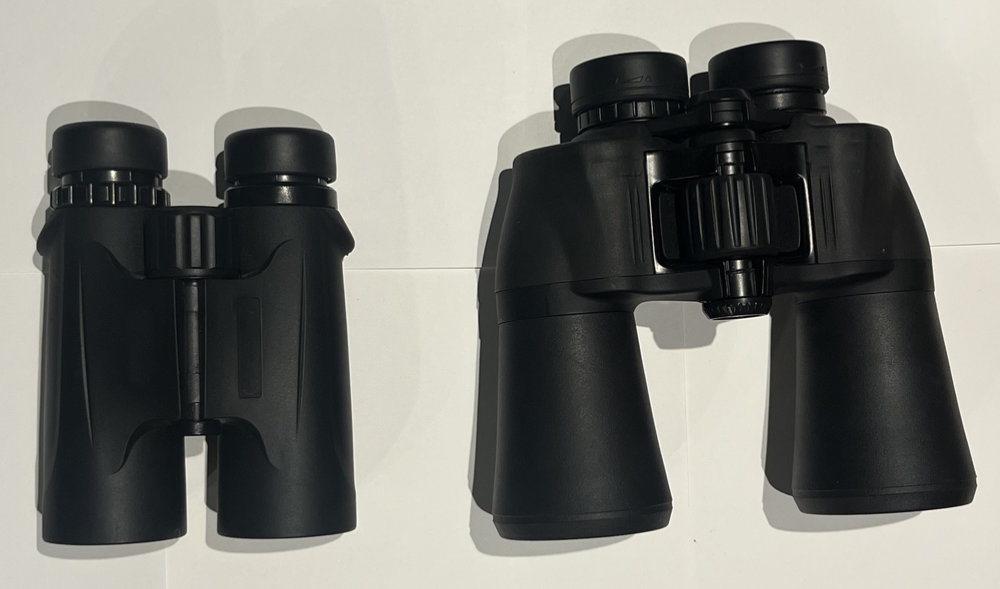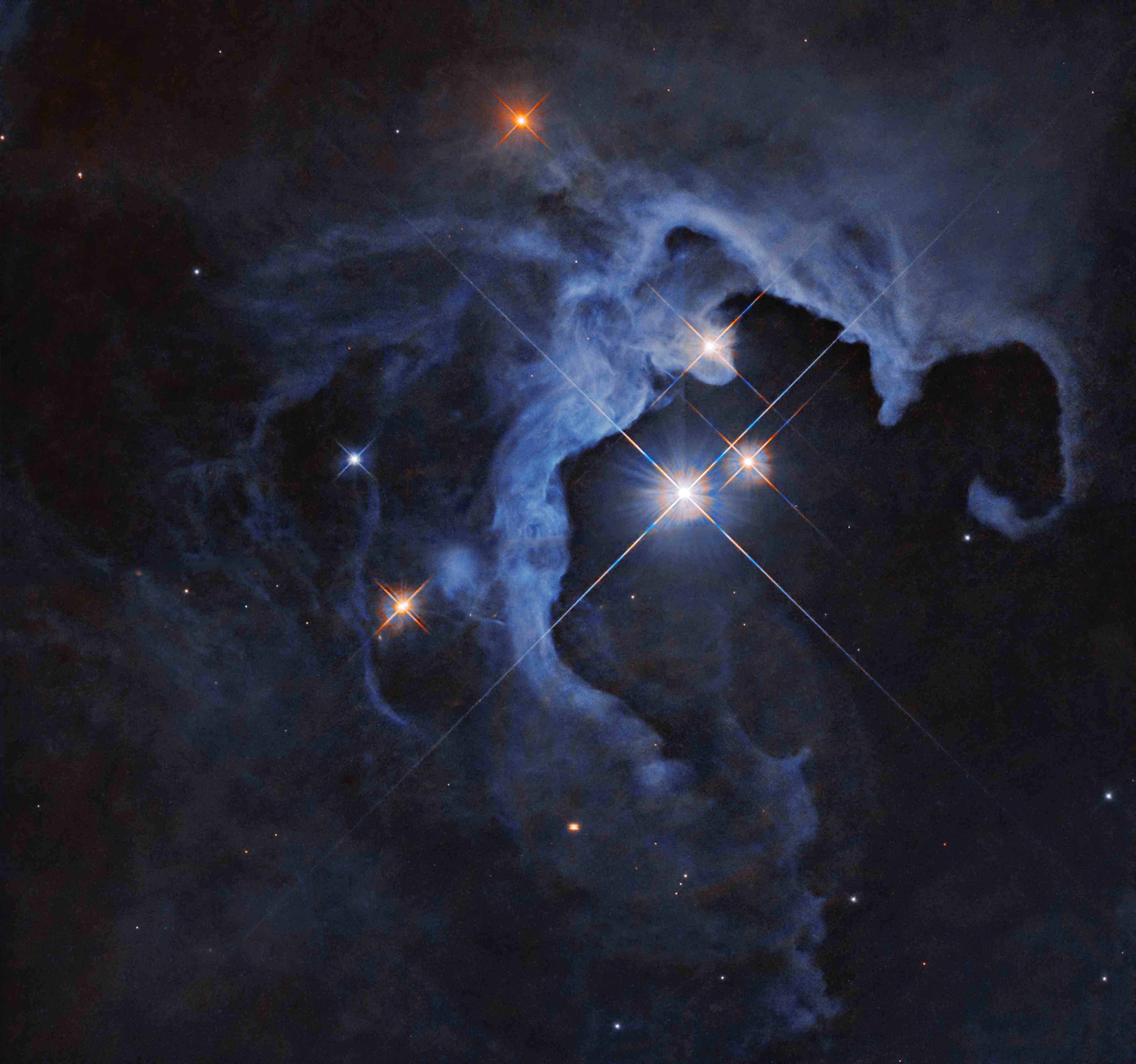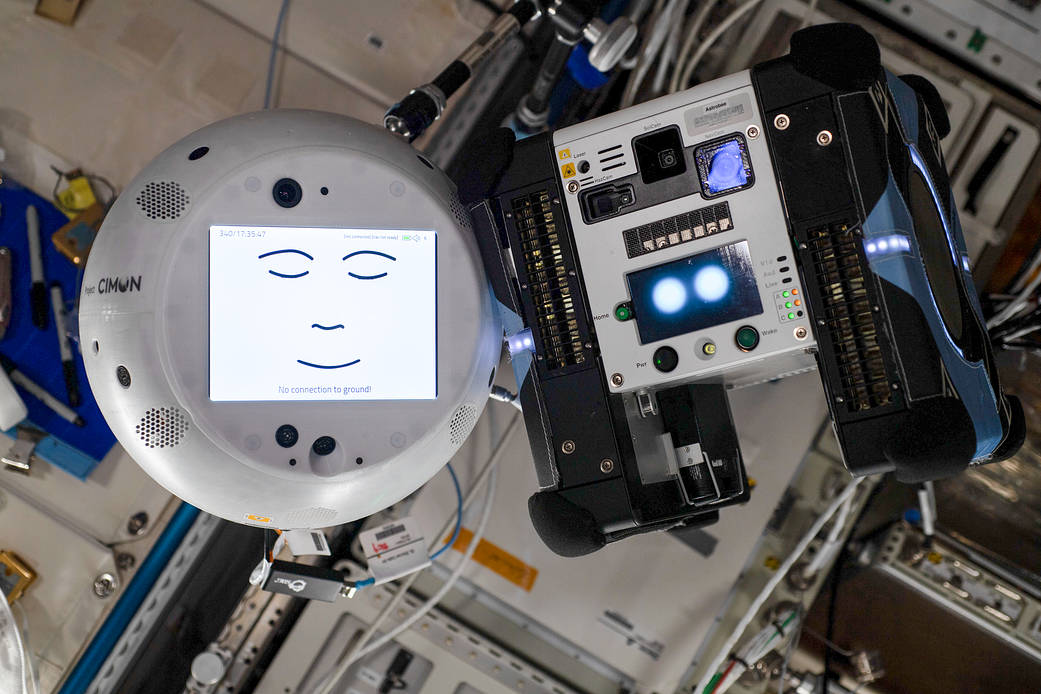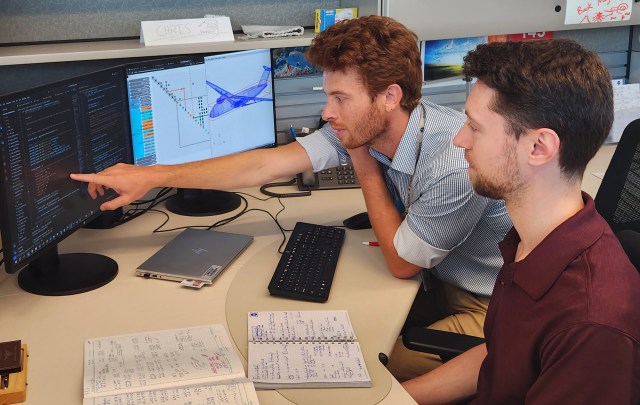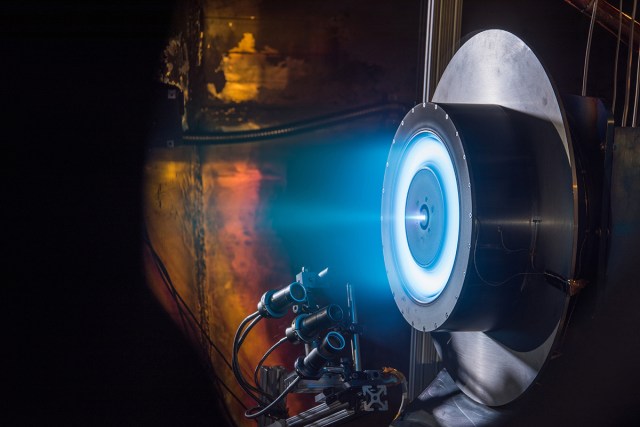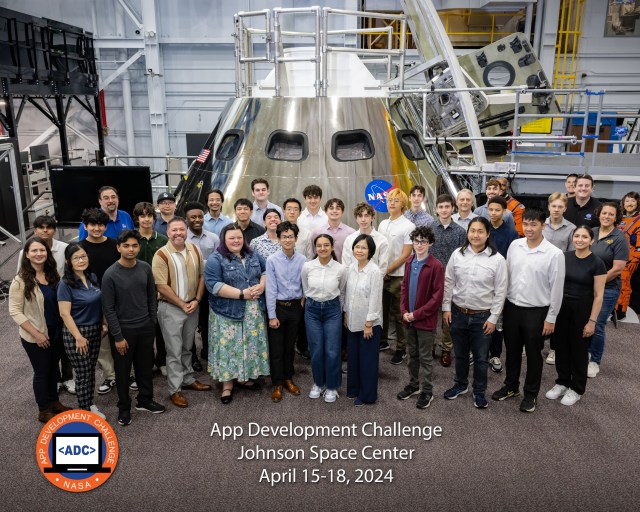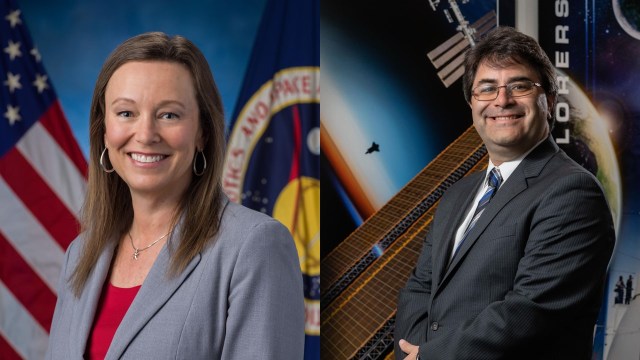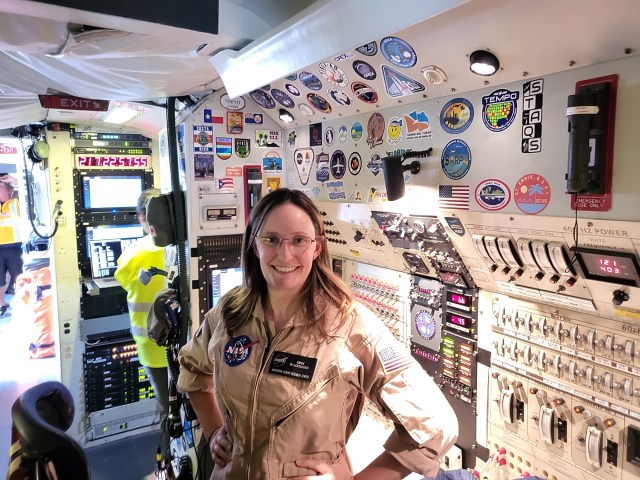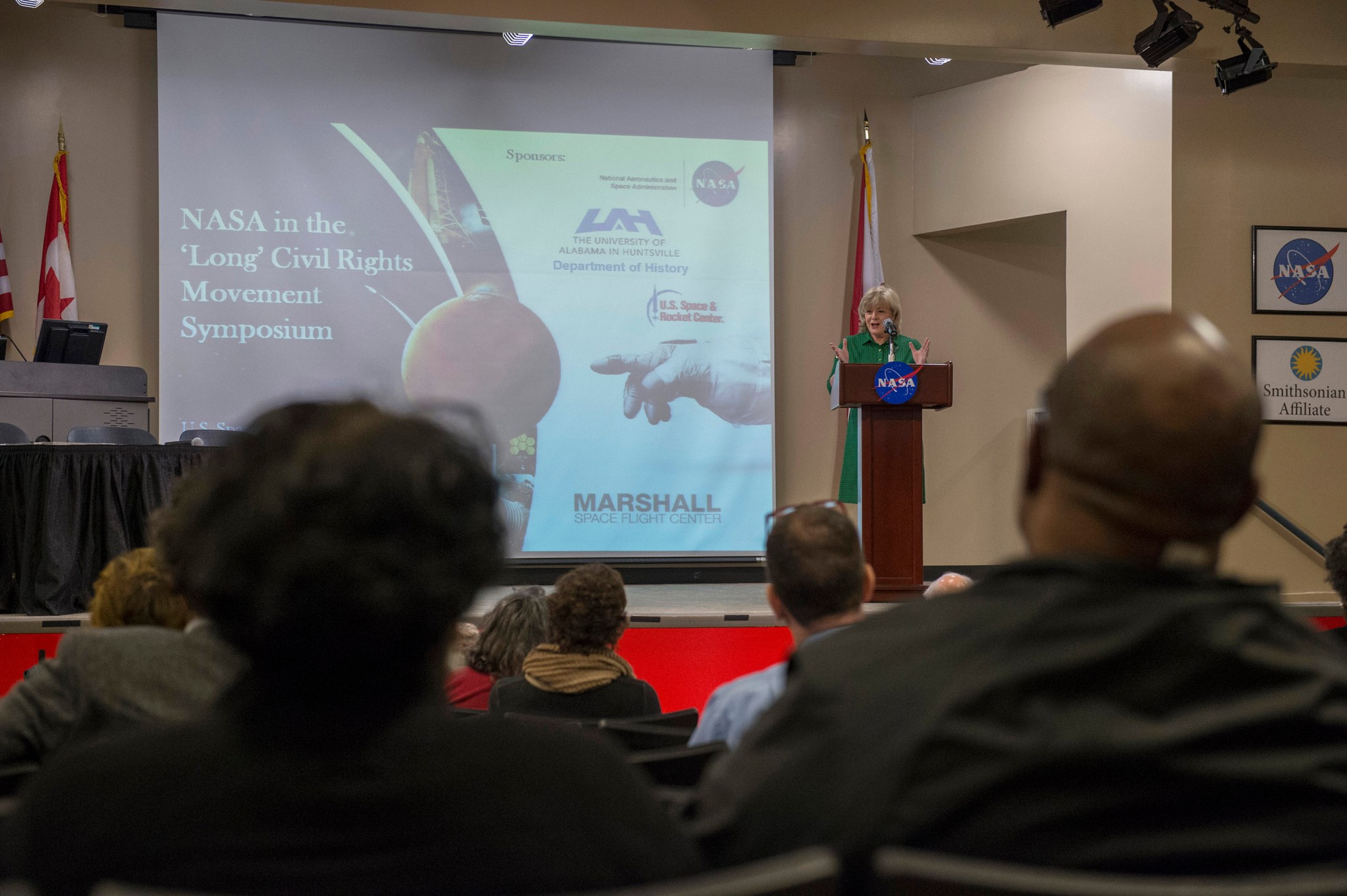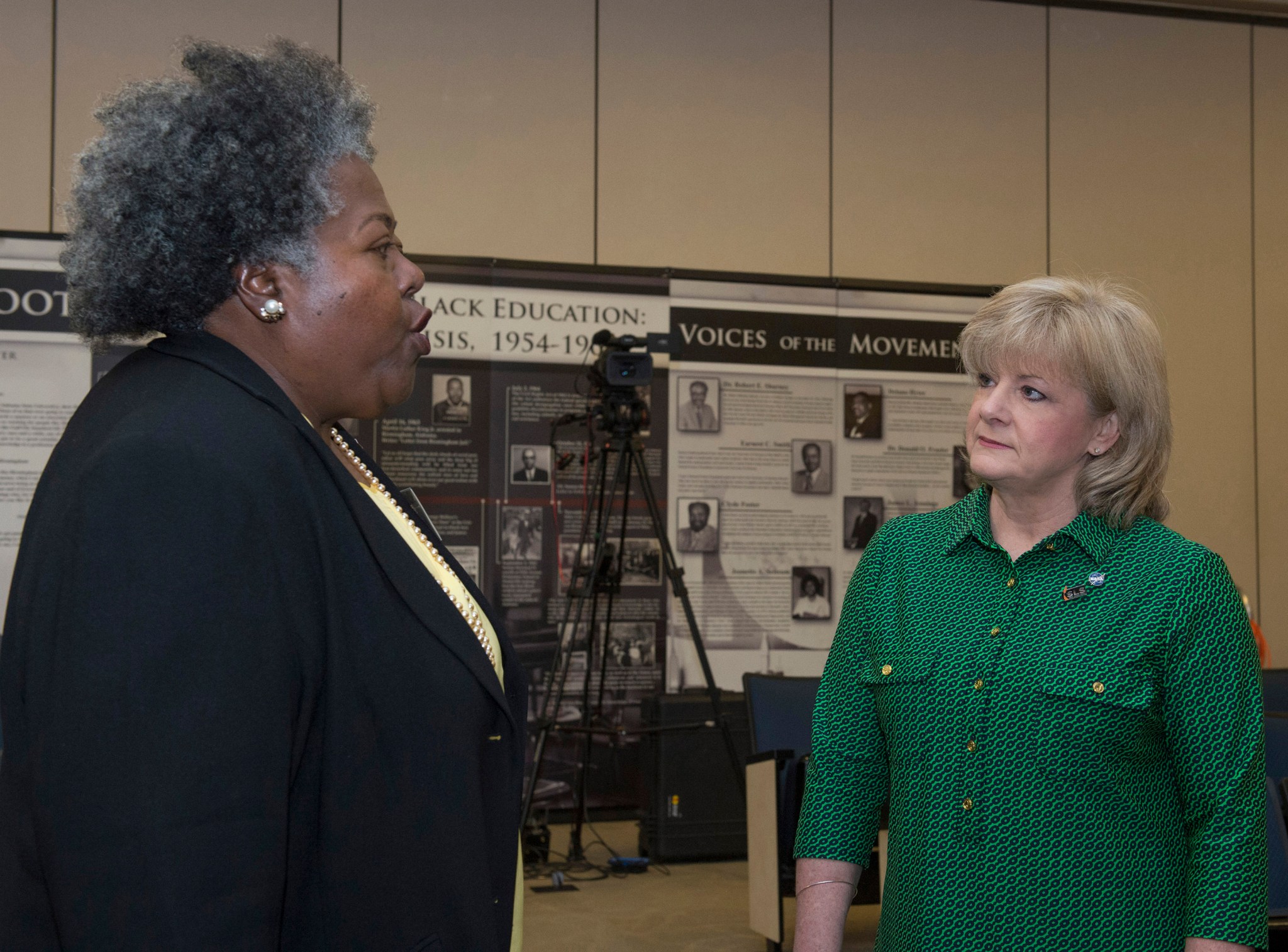Researchers, scholars and NASA officials gathered March 16-17 at the U.S. Space & Rocket Center in Huntsville, Alabama, to discuss the role the American space agency played in the civil rights movement. The symposium, titled “NASA in the ‘Long’ Civil Rights Movement,” was hosted by NASA’s Marshall Space Flight Center and the University of Alabama in Huntsville.
The symposium drew its name and conceptual framework from Jacquelyn Dowd Hall’s 2005 Journal of American History essay “The Long Civil Rights Movement and the Political Uses of the Past.” In the essay, Hall explores the responsibility of historians to play a central role in understanding the legacy of the revolution by telling the powerful stories of policies and institutions during the long and ongoing civil rights movement.
“With a long history of employing the best problem solvers from every walk of life and with many field centers located in the Deep South, NASA makes a perfect case study for the topic,” said Marshall Historian Brian Odom. “This symposium looks to add historical depth to the conversation. We want to provide more context for the voices and stories and to develop a better understanding of what’s happened in the past and how that relates to what we’re doing now.”
Essays presented during the symposium covered topics ranging from the integration of the Deep South to women at NASA, and many other aspects of the civil rights movement. Each topic added a new perspective to the conversation, and allowed for the framing of stories in a historical context, according to Odom.
“As historians, we are able to add layers to the conversation, to connect the dots,” said Veronica Henderson, one of the symposium’s moderators and the interim head archivist at the historically black Alabama A&M University in Normal. “Having historians get together and relate the different stories to a point in history, we can uncover more. We can explore things not previously thought about or considered, and putting these stories into context allows us to see things from a different point of view.”
Looking at things differently and thoughtfully is central to the conversation, according to NASA Chief Historian Bill Barry. “It’s important to look at what we’re doing, how we’re doing it and to realize that how we do things is important,” he said. “How we treat others makes a big difference in how much we accomplish. And together, with people from every walk of life, we can accomplish more.”
The essays will be compiled and published as an anthology to provide a deeper understanding and academic basis for future research on the subject, and hopefully to inspire future generations.
“People from all races, genders, ages, ethnicities and sexual identities have played big roles at NASA,” said Odom. “And we need young people to see themselves in NASA’s future, and to see that many people have made efforts to knock down barriers that existed. Hopefully this symposium and the works collected here will provide the groundwork to relay the examples for them to learn from and see themselves in.”


